Transportation Business Plan Samples
-
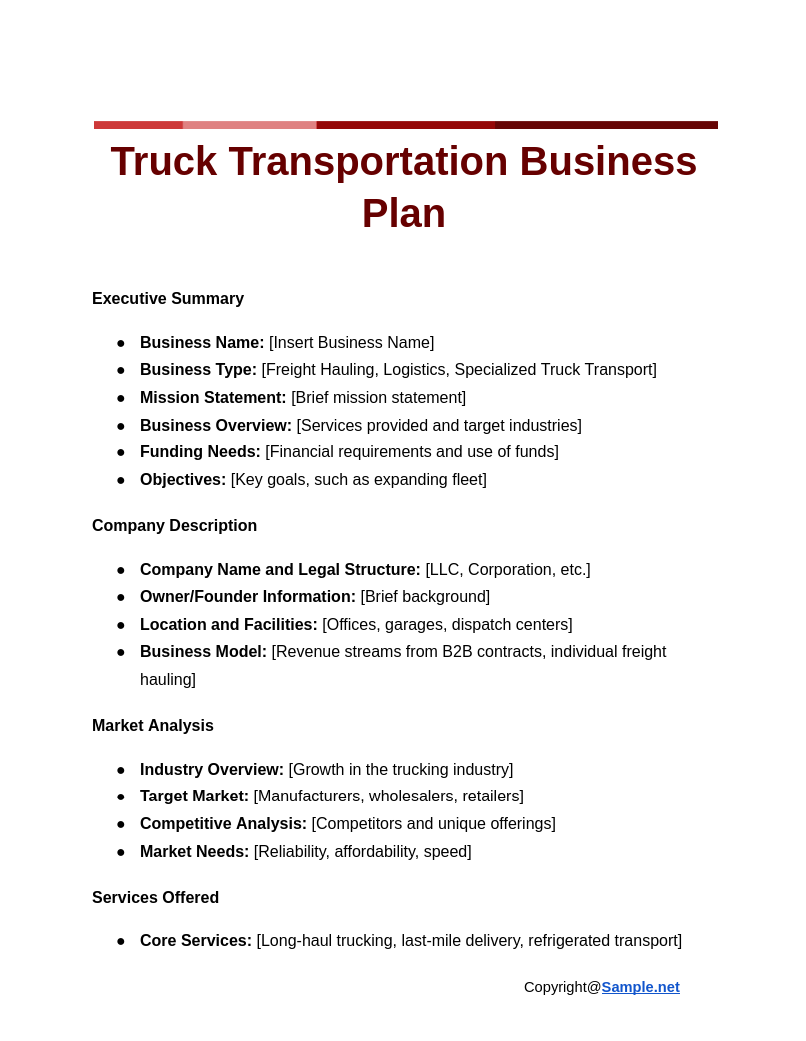
Truck Transportation Business Plan
download now -
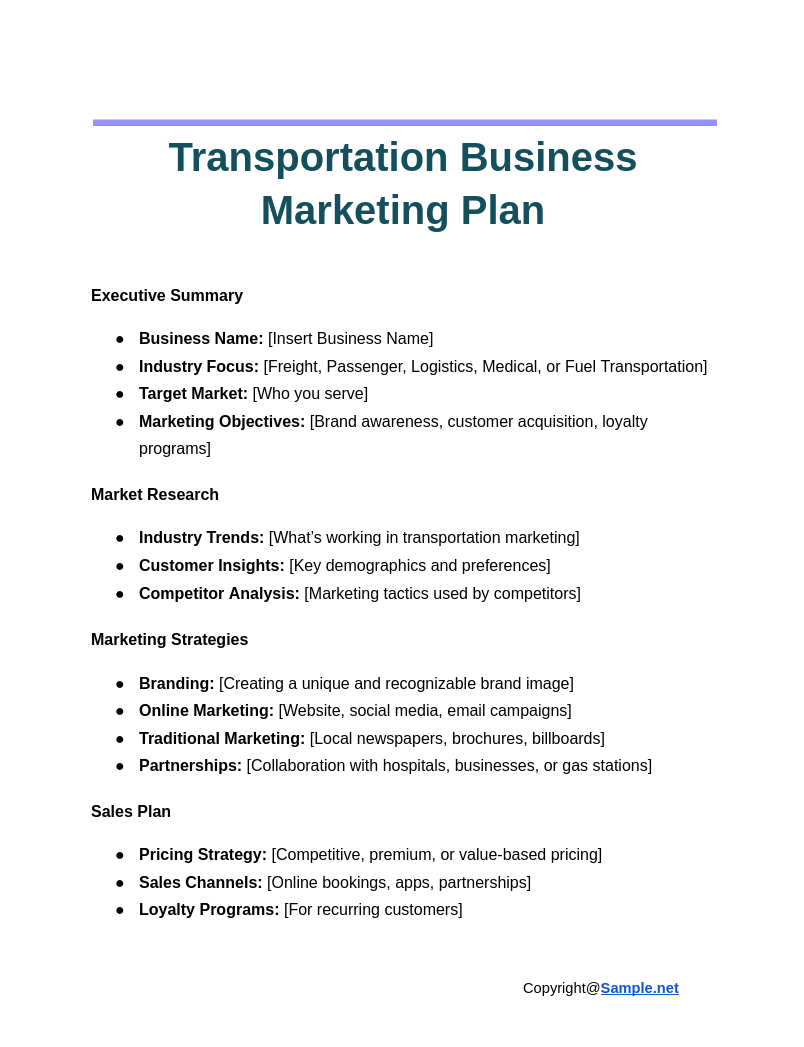
Transportation Business Marketing Plan
download now -
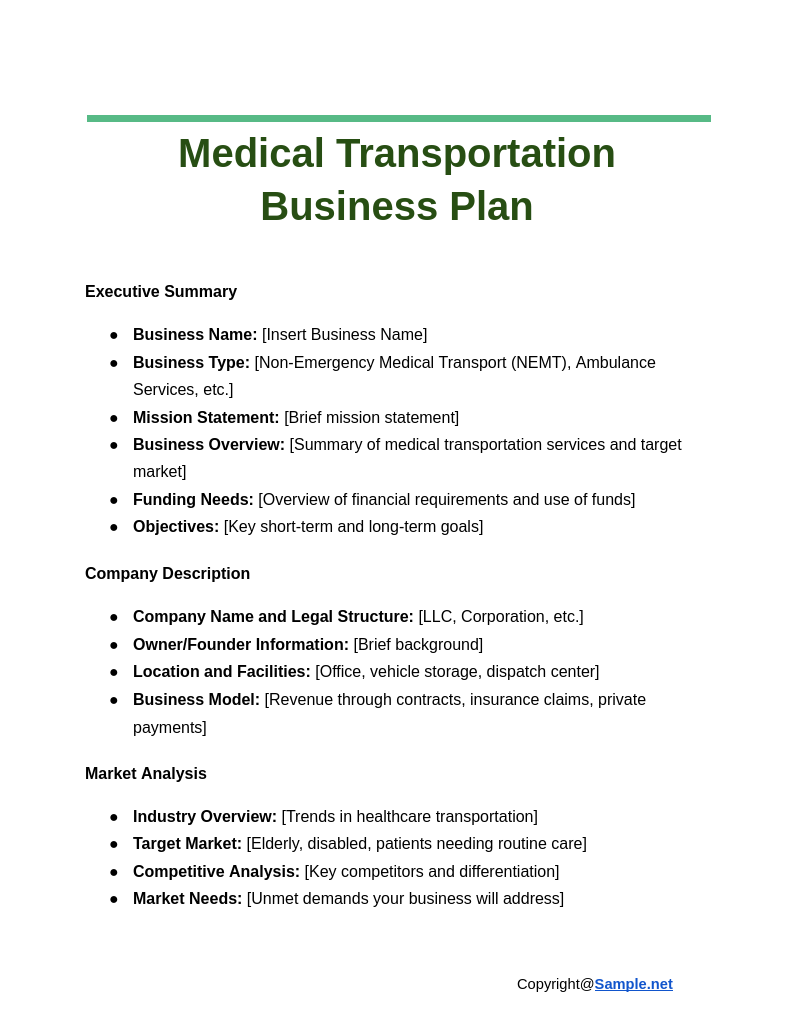
Medical Transportation Business Plan
download now -
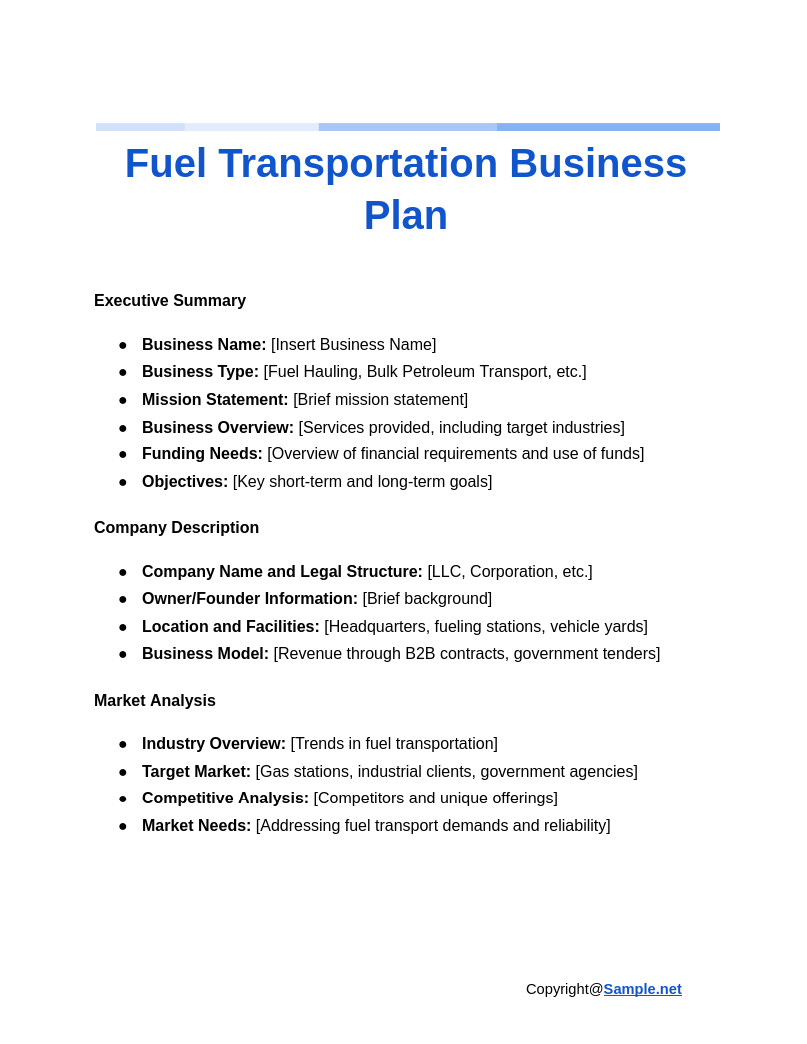
Fuel Transportation Business Plan
download now -
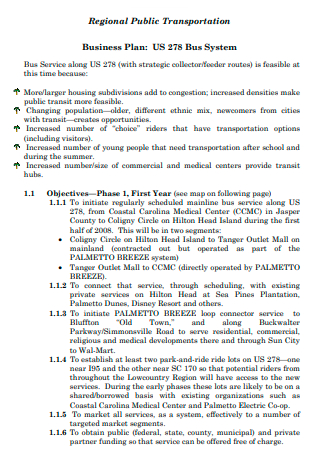
Regional Public Transportation Business Plan
download now -
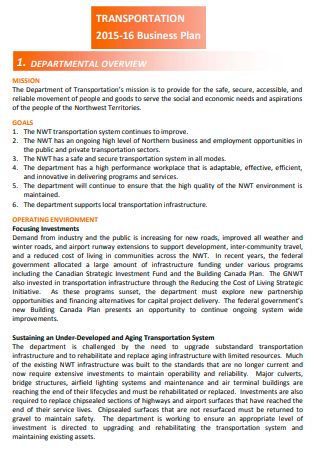
Transportation Business Plan Example
download now -
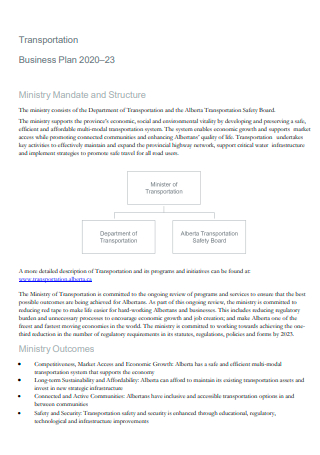
Printable Transportation Business Plan
download now -
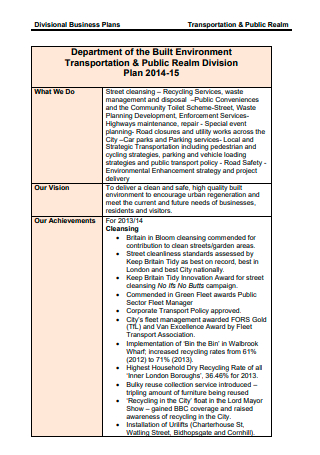
Transportation Divisional Business Plan
download now -
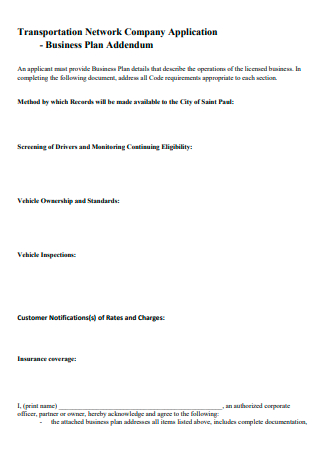
Transportation Network Company Application Business Plan
download now -
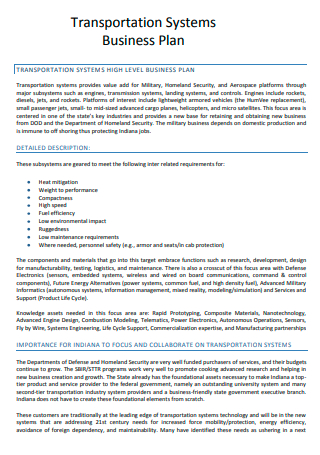
Transportation Business Plan in PDF
download now -
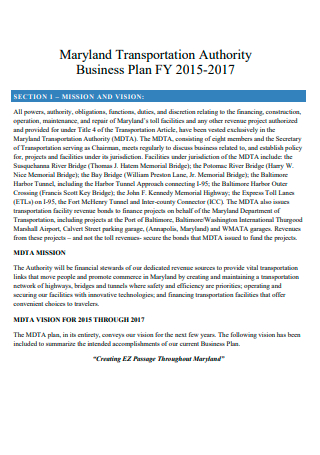
Transportation Authority Business Plan
download now -
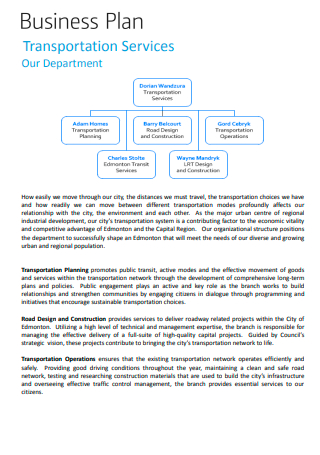
Transportation Services Business Plan
download now -
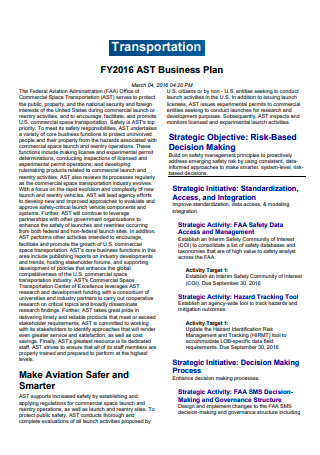
Basic Transportation Business Plan
download now -
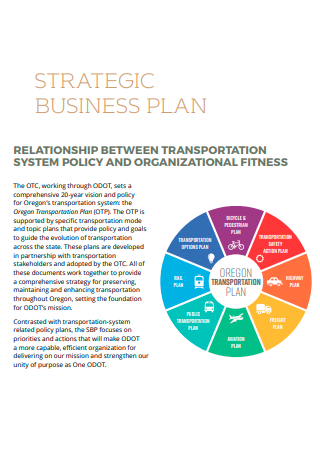
Transportation Strategic Business Plan
download now -
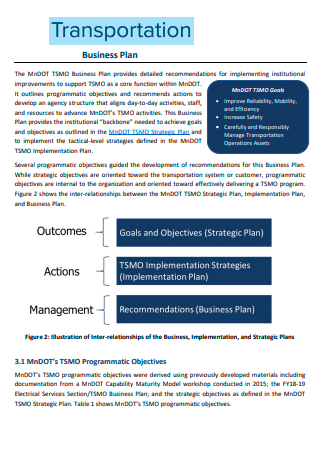
Standard Transportation Business Plan
download now -
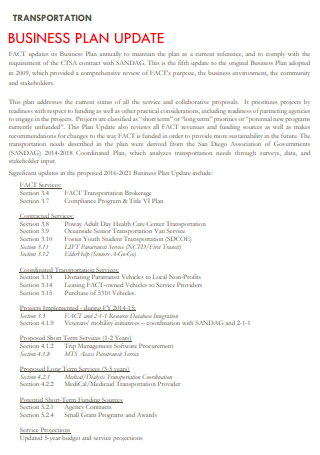
Transportation Business Plan Update
download now -
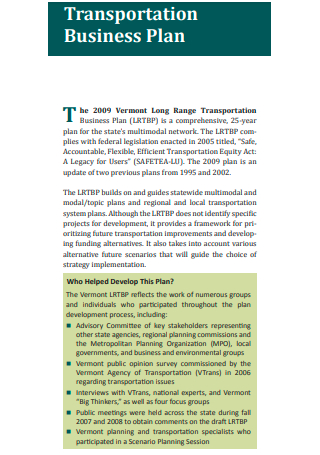
Transportation Business Plan Format
download now -
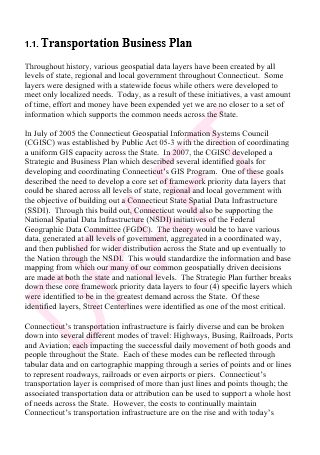
Transportation Business Plan in DOC
download now
FREE Transportation Business Plan s to Download
Transportation Business Plan Format
Transportation Business Plan Samples
What is a Transportation Business Plan?
Purposes of a Transportation Business Plan
Types of Transportation Business Plans
How to Start a Transport Business Plan
FAQs
Is the Transportation Business Profitable?
Is Doing Business Risky?
Who Can Decide and Oversee Public Transportation?
How does a transportation business plan benefit startups?
What role does market research play in the plan?
How should financial projections be presented?
What technologies are essential for a transportation business?
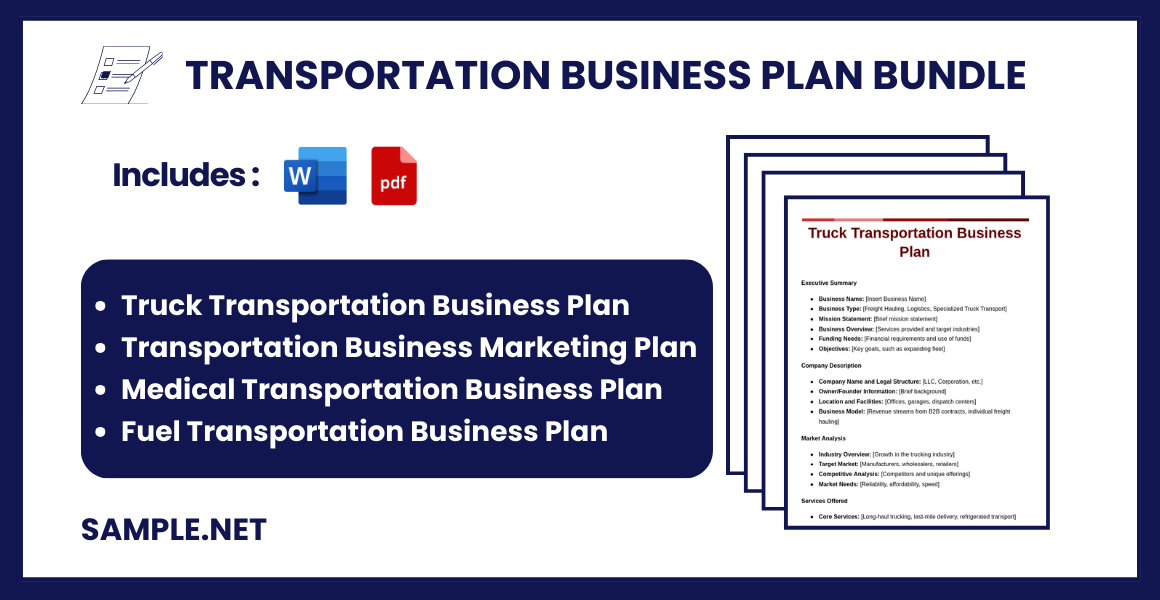
Download Transportation Business Plan Bundle
Transportation Business Plan Format
Executive Summary
- Business Name: [Insert Business Name]
- Business Type: [Freight, Passenger, Logistics, etc.]
- Mission Statement: [Brief mission statement]
- Business Overview: [A summary of services and target market]
- Funding Needs: [Overview of financial requirements and use of funds]
- Objectives: [Key short-term and long-term goals]
Company Description
- Company Name and Legal Structure: [LLC, Corporation, etc.]
- Owner/Founder Information: [Brief background]
- Location and Facilities: [Office, vehicle storage, etc.]
- Business Model: [Details on how the business will operate and generate revenue]
Market Analysis
- Industry Overview: [Trends, growth potential, challenges]
- Target Market: [Demographics, geography, and customer needs]
- Competitive Analysis: [Key competitors and your advantage over them]
- Market Needs: [Unmet demands your business will address]
Services Offered
- Core Services: [E.g., freight transport, passenger shuttle, logistics support]
- Specialized Services: [E.g., refrigerated transport, same-day delivery]
- Service Area: [Local, regional, national, or international]
Marketing and Sales Strategy
- Pricing Strategy: [Competitive pricing, premium services, etc.]
- Promotion Plan: [Advertising, partnerships, digital marketing]
- Sales Channels: [Online booking, partnerships, direct sales]
- Customer Retention: [Loyalty programs, excellent customer service]
Operational Plan
- Fleet Management: [Type and number of vehicles, maintenance strategy]
- Technology Utilized: [GPS, booking apps, fleet management systems]
- Staffing Requirements: [Drivers, dispatchers, administrative staff]
- Daily Operations: [Schedules, route planning, customer handling]
- Safety and Compliance: [Adherence to transportation regulations]
Management and Organization
- Organizational Structure: [Hierarchy or team setup]
- Key Personnel: [Backgrounds of team leaders and management]
- Roles and Responsibilities: [What each team member will do]
- Advisors/Consultants: [Legal, financial, or industry advisors]
Financial Plan
- Startup Costs: [Vehicle purchase, insurance, technology, licenses]
- Revenue Streams: [Service fees, additional charges, subscriptions]
- Projected Income Statement: [Revenue, expenses, and profit for 3-5 years]
- Cash Flow Analysis: [Monthly inflow and outflow]
- Break-even Analysis: [How long until profitability]
- Funding Requirements: [Capital needed, sources of funding]
Appendix
- Licenses and Permits: [Copies of business licenses, operating permits]
- Vehicle Details: [Fleet list and specifications]
- Resumes of Key Personnel
- Market Research Data
- Additional Supporting Documents: [E.g., customer testimonials, supplier agreements]
What is a Transportation Business Plan?
A transportation business plan is a document that contains all of the specifics of a business proposal that involves any form of transportation in which products or persons are transported to a specified destination, whether by air, land, or sea. The document would then outline the purpose and objectives of the transportation business, not just for the corporation, but also for society as a whole. It would cover the budget, the equipment involved, the region where it would be launched, and how it would function. These particulars are critical while developing a business plan for a transportation company. You can also see more on 5 Year Business Plan.
Purposes of a Transportation Business Plan
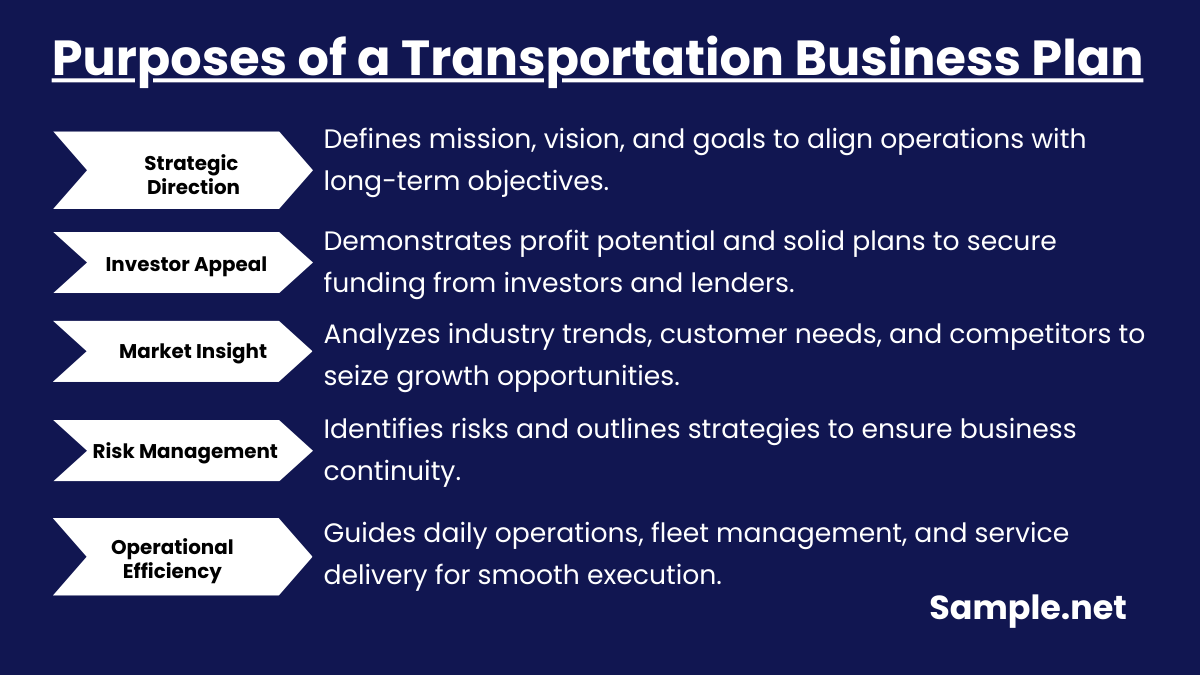
1. Strategic Direction: A transportation business plan provides a clear roadmap for achieving business goals. It defines the company’s mission, vision, and long-term objectives, ensuring that all operational activities align with its strategic direction.
2. Attracting Investors and Securing Funding: A well-crafted plan showcases the business’s potential to generate profits and grow sustainably. It helps convince investors, banks, or other lenders to provide financial support by presenting solid financial projections and a viable business model.
3. Market Understanding: The plan includes an analysis of the transportation industry, customer needs, and competitive landscape. This ensures the business is well-prepared to address market demands and capitalize on growth opportunities. You can also see more on Coaching Business Plan.
4.. Risk Mitigation: A comprehensive business plan identifies potential risks, such as regulatory changes, fuel price fluctuations, or operational challenges. It also outlines strategies to manage these risks, ensuring business continuity.
5. Operational Efficiency: By detailing daily operations, fleet management, and service delivery, the business plan serves as a guide for smooth and efficient execution. It ensures all team members are aligned with the company’s objectives and processes. You can also see more on Annual Business Plans.
Types of Transportation Business Plans
1. Logistics and Freight Business Plan
Focuses on the transportation of goods, including supply chain management, cargo shipping, and warehousing. These plans detail fleet management, routes, and partnerships with manufacturers or retailers.
2. Passenger Transport Business Plan
Targets the movement of people via services like bus lines, taxis, ridesharing apps, or private transport. It emphasizes customer experience, route optimization, and competitive pricing strategies. You can also see more on Investment Company Business Plan.
3. Delivery and Courier Service Plan
Designed for businesses handling parcel delivery, last-mile logistics, or express courier services. These plans prioritize timely delivery, scalable infrastructure, and technological integration for tracking and customer updates.
4. Specialized Transport Business Plan
Caters to niche markets, such as hazardous materials transport, oversized cargo, or refrigerated goods. It includes safety compliance, specialized equipment, and trained personnel to meet industry regulations.
5. Public Transport Business Plan
Encompasses city-run or government-subsidized transport systems like subways, trams, and buses. These plans focus on public accessibility, environmental sustainability, and funding strategies. You can also see more on Implementation Business Plan.
6. Freight Brokerage Business Plan
Targets companies that act as intermediaries between shippers and carriers. These plans outline strategies for building a reliable carrier network and providing value-added services like tracking and insurance.
How to Start a Transport Business Plan
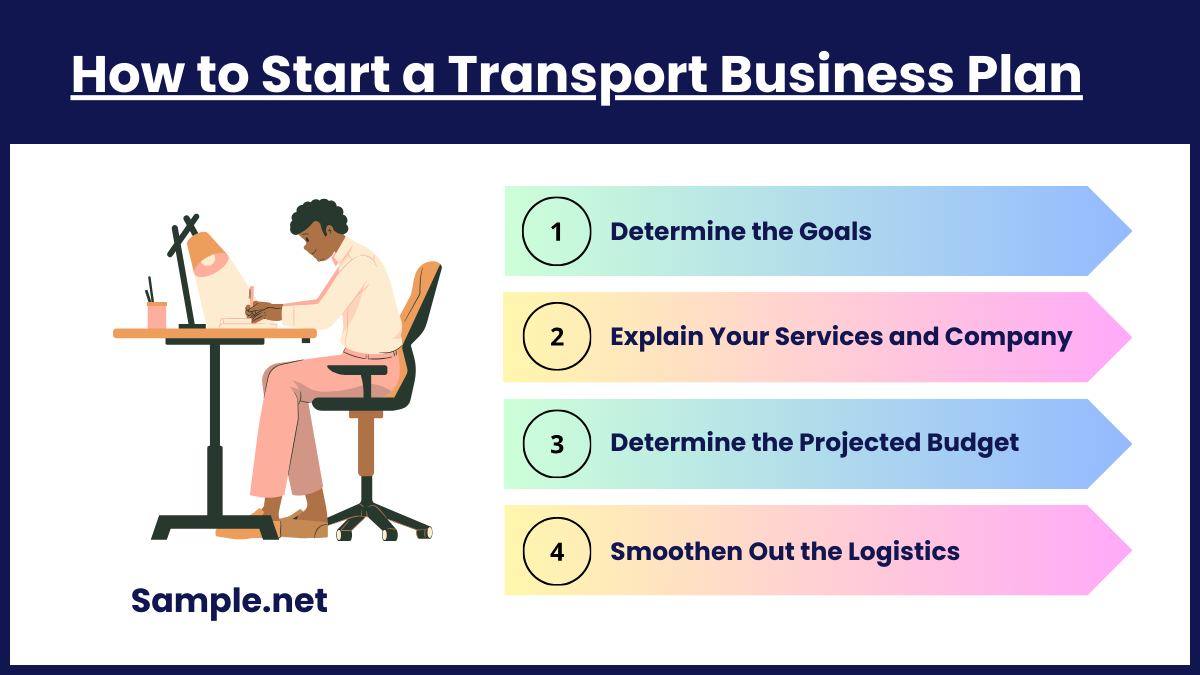
When you begin your transportation business plan, smooth out the nuances that should be required prior to its launch first. You can also see more on Retail Business Plan. Here are some suggestions that you should include for your transportation business plan.
Tip 1: Determine the Goals.
Having a clear picture and vision of what your transportation company proposal should look like when it is launched will put you ahead of any other issues and questions that may occur. However, having a defined aim can assist and inspire you to make your plans a reality. To begin, ask yourself why you believe your transportation business would be successful and what makes it unique among everyone else’s.
Tip 2: Explain Your Services and Company.
You must establish not only the end-goal of your business, but also to whom you are delivering your services. There should be a clear explanation of the target demographic or how your transportation services will operate. And, of course, you must describe your company’s vision while doing so. What will your company provide that no one else can? Why should customers choose your services over existing ones? It is best to have these questions answered in order to attract more customers and prospective investors in your business’s potential expansion.
Tip 3: Determine the Projected Budget.
Unfortunately, one cannot start a business without money. Determining your predicted budget can assist you prevent overestimation or underestimating of the costs of making it a reality. Your sample budget should not only include expenses for logistics and processes, but also any extra inconvenience that could develop and perhaps threaten the success of your business. You can also see more on Product Business Plan.
Tip 4: Smoothen Out the Logistics.
There are planning and logistics issues to consider depending on the size of your operation at the time of launch or possible expansion. Your company’s management must begin at its best, with everyone engaged knowing what their tasks and jobs are.
A transportation business plan is the foundation for achieving success in the competitive transportation industry. By addressing operational, financial, and market strategies, it ensures your business remains efficient, scalable, and customer-focused. Start building a plan that adapts to market demands and positions your business for long-term profitability.
FAQs
Is the Transportation Business Profitable?
The answer would differ depending on where the business was launched. However, there is an observable trend in which you can understand how the transportation industry might be successful since it provides services that would normally be inconvenient. There is a necessity for effective and functional transportation business in today’s modern society, where everything should be done promptly and efficiently. First and foremost, the location would be critical. Second, your target audience should be prioritized. It may take some time before you start making money, but patience is especially important in the transportation industry. You can also see more on Executive Business Plan.
Is Doing Business Risky?
No matter how much planning you do, there is always a risk in every type of business. Doing business, even if it is on the spur of the moment, need knowledge and decision-making skills. To see a project through to completion, efficiency and devotion are required. Not only that, but it costs money in the first place, money that you may not be able to recover fast. As a result, business takes patience as well. One should come to a decision after assessing the risk, which varies depending on the type of business.
Who Can Decide and Oversee Public Transportation?
Anything public would generally fall within the jurisdiction of that area’s governing authority. Because there are logistics that would necessitate permits and a discussion about the community’s interest. And those in control of that region would be more aware of the risks and advantages of implementing any form of public transportation since they are more in touch with their population and are in control of the budget. You can also see more on College Business Plan.
How does a transportation business plan benefit startups?
A transportation business plan helps startups define their market position, attract investors, and establish operational frameworks. It minimizes risks by identifying challenges and solutions early in the process.
What role does market research play in the plan?
Market research identifies customer needs, market trends, and competitors, ensuring the business tailors its services for maximum profitability and relevance. You can also see more on Mental Health Business Plan.
How should financial projections be presented?
Financial projections should include detailed revenue streams, operating costs, and profit margins. Use charts and tables for clarity, and include break-even and growth analysis.
What technologies are essential for a transportation business?
Essential technologies include GPS tracking, fleet management software, and customer apps for booking and real-time tracking. These enhance efficiency and customer satisfaction. You can also see more on Market Research Business Plan.
